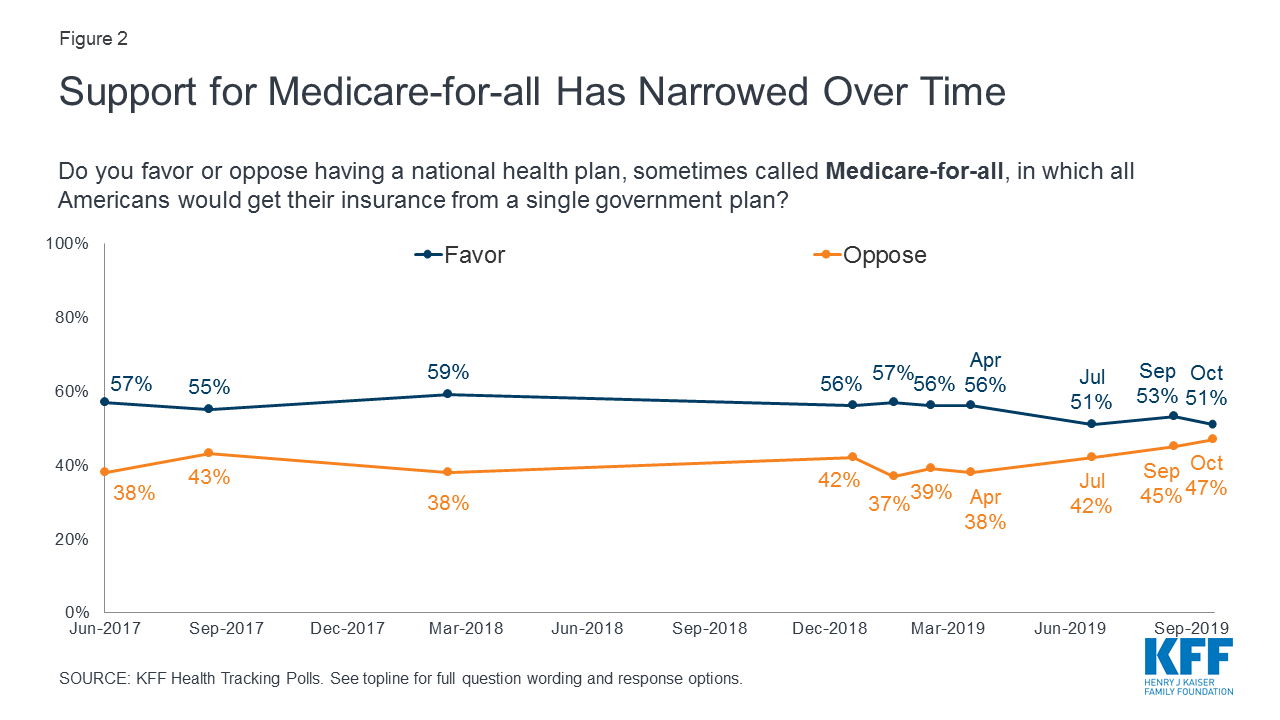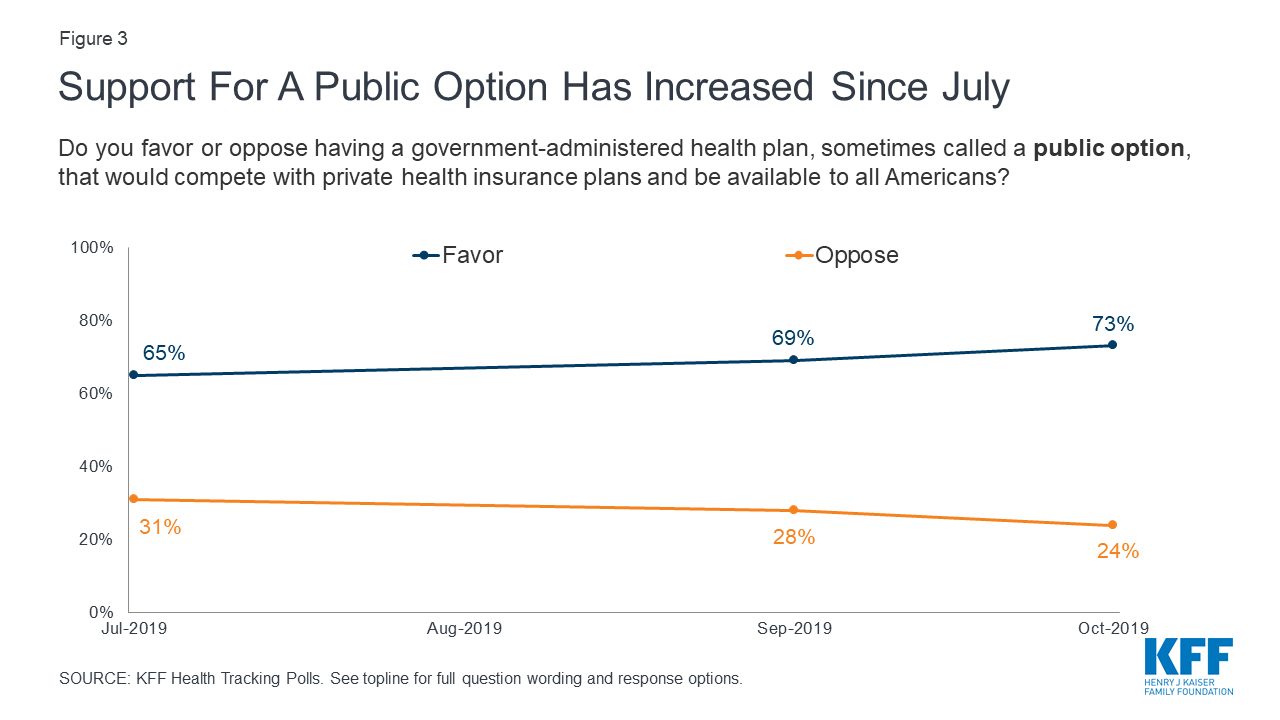 Zelandakh, on 2019-October-26, 15:40, said:
Zelandakh, on 2019-October-26, 15:40, said:
How are you supposed to reduce deficits when you have to give big government contracts to your mega donors, friends, and family. It can't be done.

Posted 2019-October-26, 17:01
 Zelandakh, on 2019-October-26, 15:40, said:
Zelandakh, on 2019-October-26, 15:40, said:

Posted 2019-October-27, 14:20
Quote

Posted 2019-October-27, 20:34
Quote

Posted 2019-October-28, 07:59
 Winstonm, on 2019-October-27, 20:34, said:
Winstonm, on 2019-October-27, 20:34, said:

Posted 2019-October-28, 08:57

Posted 2019-October-28, 12:43

Posted 2019-October-28, 12:54

Posted 2019-October-28, 15:38
Quote

Posted 2019-October-28, 16:19

Posted 2019-October-28, 20:32
Quote

Posted 2019-October-28, 20:53

Posted 2019-October-28, 21:01
 y66, on 2019-October-28, 15:38, said:
y66, on 2019-October-28, 15:38, said:
Quote

Posted 2019-October-28, 21:12
 barmar, on 2019-October-28, 08:57, said:
barmar, on 2019-October-28, 08:57, said:

Posted 2019-October-28, 21:16
 kenberg, on 2019-October-28, 07:59, said:
kenberg, on 2019-October-28, 07:59, said:

Posted 2019-October-28, 21:27
 Zelandakh, on 2019-October-28, 20:53, said:
Zelandakh, on 2019-October-28, 20:53, said:

Posted 2019-October-29, 04:15
 barmar, on 2019-October-28, 08:57, said:
barmar, on 2019-October-28, 08:57, said:

Posted 2019-October-29, 04:21
Quote

Posted 2019-October-29, 04:55
Quote

